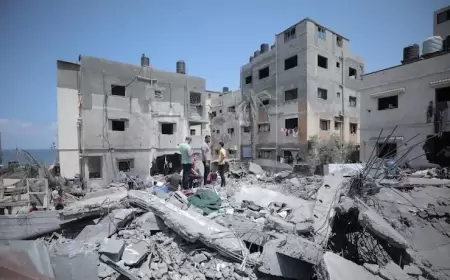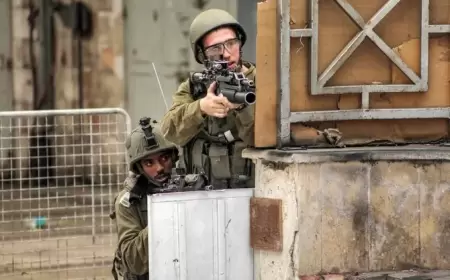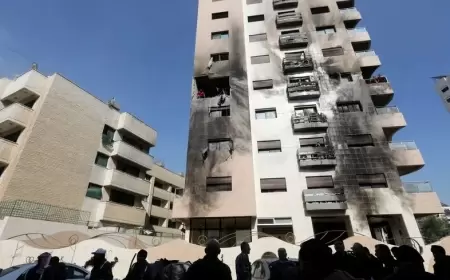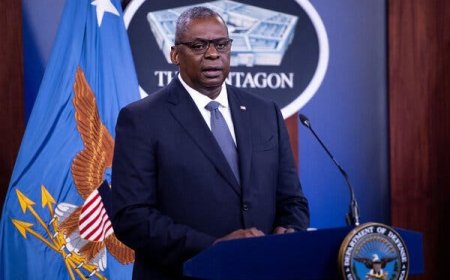Israeli Military Plans to Enter Gaza City-Turned-Refuge
Tensions Mount as Israel Prepares to Enter Gaza City Amid Humanitarian Crisis
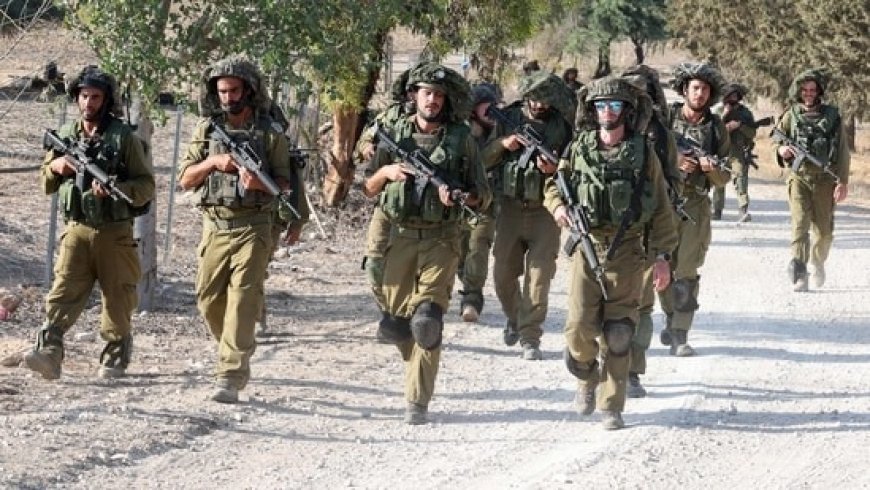
Israel's Defense Minister has indicated a forthcoming ground operation towards Rafah, a city located in the southern Gaza Strip. This development arises as Rafah has emerged as a crucial refuge for hundreds of thousands of Palestinians displaced by nearly three months of continuous warfare.
Once a bustling hub for humanitarian aid, Rafah now stands as a vast expanse of tents and makeshift shelters pressed against the Egyptian border. According to reports from the United Nations, approximately half of Gaza's 2.2 million residents have sought shelter within and around Rafah, far surpassing its original population of 200,000 before the outbreak of hostilities.
During a visit to troops stationed near Khan Younis, where intense house-to-house combat has been ongoing, Israeli Defense Minister Yoav Gallant conveyed that the current mission in the area would be concluded before advancing towards Rafah. In a statement released through his office's late Thursday footage, Gallant reiterated Israel's commitment to neutralize any threats posed by terrorist elements in the region.
However, the potential escalation of military operations in an area densely populated with displaced civilians has raised widespread concern among both refugees and United Nations officials. Jens Laerke, spokesperson for the U.N. Office for the Coordination of Humanitarian Affairs, described Rafah as a "pressure cooker of despair" during a press briefing held in Geneva on Friday.
Gallant's statements coincide with ongoing discussions between Israeli and Hamas leaders regarding a U.S.-led proposal aimed at securing an extended cease-fire and a potential hostage exchange. While Hamas leader Ismail Haniyeh acknowledged the group's review of the proposal, he emphasized the urgent need to halt hostilities.
Israeli Prime Minister Benjamin Netanyahu has consistently affirmed Israel's determination to combat Hamas until achieving "complete victory." Nonetheless, mounting domestic pressures and international calls for de-escalation pose significant challenges to Netanyahu's stance.
The impact of the conflict on civilian infrastructure and the deteriorating humanitarian situation in Gaza has garnered global attention. Reports of Israeli strikes on medical facilities and the encirclement of hospitals have underscored concerns about access to essential services for the region's inhabitants.
For many Palestinians, the looming prospect of an Israeli advance into Rafah signifies another wave of displacement in an already volatile environment. Ahmed Alghazaly, a Gaza resident, expressed apprehension about the uncertainty facing his family as they endure harsh conditions in makeshift shelters.
As tensions continue to mount, the fate of civilians caught in the crossfire remains uncertain. With Israel's intentions in Gaza becoming increasingly evident, the international community remains vigilant, advocating for a resolution that prioritizes the safety and well-being of all those affected by the conflict.
Must Read: US Strikes Iranian Forces in Syria and Iraq Following Attack on American Soldiers

